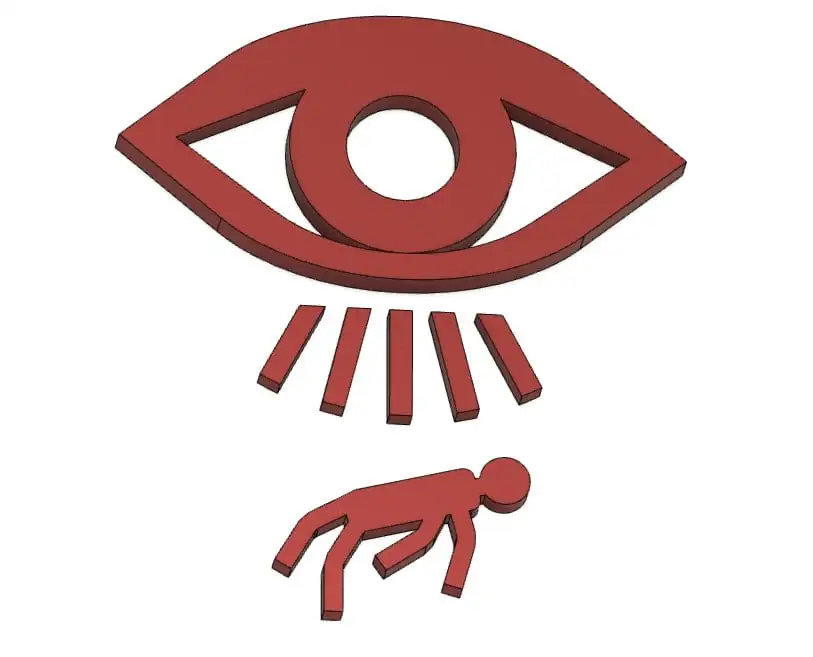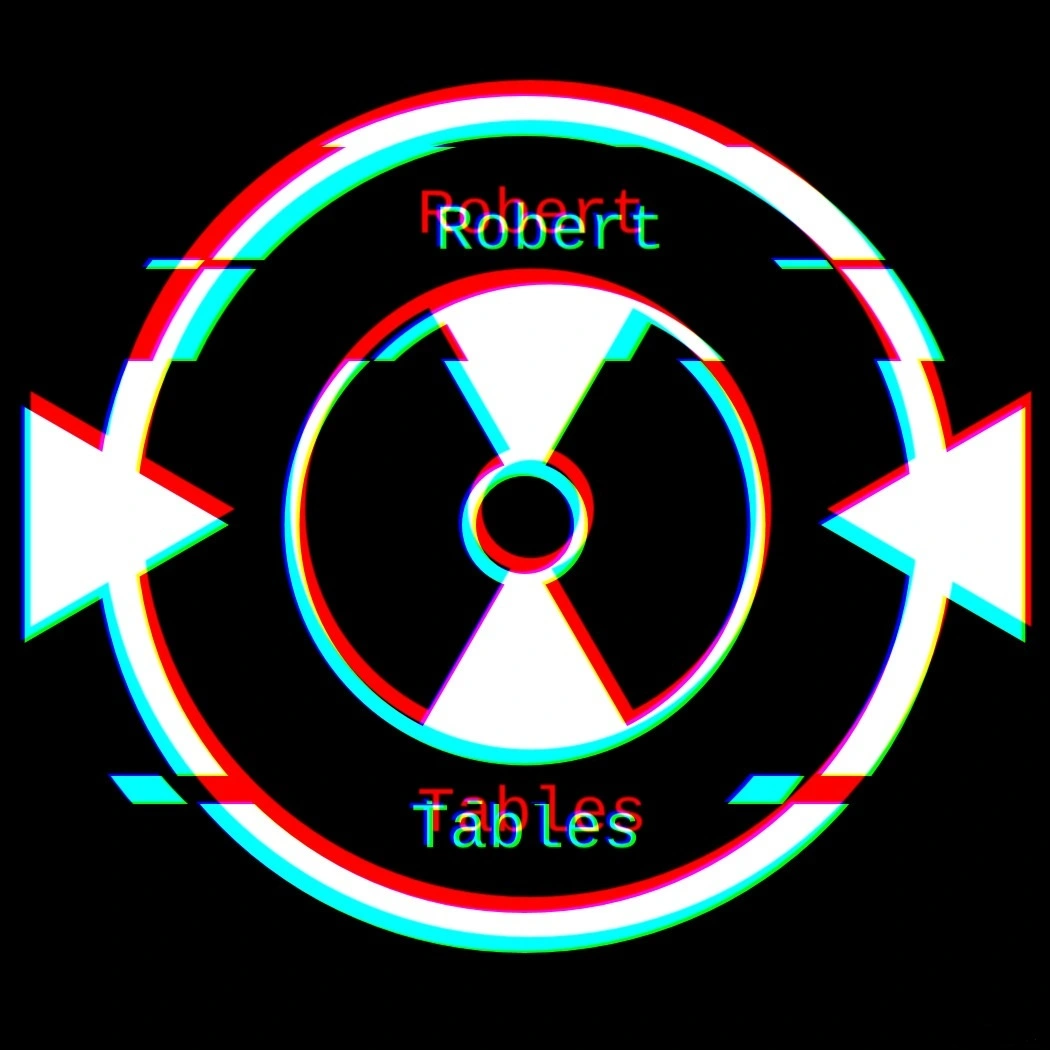I have a 600 day streak on Duolingo in Japanese. So yeah I know English and JavaScript.
You really cheated like that?
I think they’re just saying they don’t really speak Japanese despite doing Duolingo lessons
- Spanish (native)
- Portuguese (fluent)
- English (fluent)
- Italian (understand 99% but speak very badly)
- Russian (very basic and haven’t trained in years, but enough that I was able to tourist around Russia a decade ago)
I’ve also studied some German but I don’t think it’s at any level worth mentioning. I can also say the phrase “Sorry I don’t speak X, do you speak English?” In:
- German
- Dutch
- French
- Finnish (I can also say the weather is bad/good and obviously Perkele hahah)
Essentially every country that I’ve visited I can at least ask the person if they speak English, I consider it rude to ask that question in English.
английский и русский
anglijskij i russkij
I love the fact that I can understand this fine without knowing Russian.
It’s complicated. Short version: Portuguese and Italian.
Long version:
- Portuguese - native
- Italian - have been learning it since a kid. It’s by no means native speaker level, but I feel rather confident in the language.
- Venetian - I can speak some but I can’t write stuff in the language without pulling out a dic. My knowledge of the language is rusting and it pains me.
- English - written only.
- German - I can speak and write some. I use it mostly with my cat.
- Latin - Classical pronunciation and rather decent vocab. Can read Caesar unaided without too much trouble, Cicero is another can of worms.
- French - studied it a long, looooong time ago. Completely forgotten.
- Russian, Ukrainian - sometimes I play a bit with both but I don’t speak or write either, I just know Cyrillic. I tend to use Cyrillic a fair bit for my personal notes but it’s always with Italian or Latin, it’s just so people don’t snoop on my notes.
- Spanish - I never studied the language, my pronunciation is awful, but if I wasn’t able to read it I’d seriously question my own basic literacy for Portuguese and Italian.
I love that your cat speaks German. 🇩🇪😸
Yup! And there’s some backstory for that.
Back when we adopted Siegfrieda*, I was studying German; and I decided to speak with her in German for my own sake, it’s good for memorisation. But then I realised that she and Kika (our other cat) would pay attention to me separately depending on the language, so it was unexpectedly useful.
*the name is also obviously related to that, but partially due to the meaning; it’s fitting for a cat that, when adopted, was beaten and starving and pregnant, and now only needs to bother about cardboard boxes and cups of yoghurt. It’s like she got her victory peace (Sieg Frieden).
- Danish
- Swedish
- German
- English
- Japanese
- French
FastIron, NOS, PowerCLI, BASH, PowerSHell, esxcli, ComWare, Enterasys/Extreme, enough of MSSQL, Python, C++ to be dangerous
English, Goa’uld and Tamarian
Kree!
Essell when the gates fell.
Tek’matte!
Tak’Matat
English (fluent), Esperanto (competent), Spanish (rusty)
English, C++; Z80, 6502, and 45GS02 assembly, some SQL, VHDL, a bit of Python and Verilog, BASIC65, bash, CP/M ED, and a few other odds and ends
I get that you’re probably joking, but note that calling C++ etc. “languages” is at most synecdoche. A really common one, but still a figure of speech.
(Language has multiple functions; referential, directive, expressive, phatic, metalinguistic, poetic, metalinguistic etc. Those instruction sets used when programming are at best directive speech only, as they’re basically issuing commands to something.)
I am fully aware, I speak nerd and computer.
The computers speak back. It’s a good time.
I might be going insane?
I’m also
ripping offbeing inspired by another comment.Poe’s law strikes again?
I got that you were probably joking. However, I’ve seen so many times people equating the human systems of communication with the computer instruction sets that… well, sorry for the knee-jerk reaction.
(Last time that I saw someone genuinely thinking that C++, Fortran, Python etc. were the same deal as Mandarin, English, Spanish etc., the muppet in question brought up code comments for an “ackshyually lol lmao”. Yup.)
I… I…
I have no words.
How someone could genuinely believe that is beyond me.
This was in r/linguistics, by the way. And the moderators there were doing jack shit to inform the users. Even if one of them works with NLP, so you’d expect the person to be somewhat well versed in both Linguistics and basic programming.
The worst part? It wasn’t even the only time that I saw this conflation. I think that people get caught in the words, and miss that they’re referring to different concepts.
Perfectly fluent: English
Fluent at talking and reading, but can’t write (horrible at spelling): Telugu (in two very different dialects)
Illiterate, but can understand everything spoken: Kannada
Can hold tourist level conversations and can read: German and Hindi
What is a tourist level conversation? Talk slowly, pronounce stuff weird, ask ppl to repeat some things if they go too fast or have an accent that’s different than the one I learned.
I’ve noticed that I only know languages in the indo-European and Dravidian families. Deliberating between whether to improve my Kannada or to learn a new east or south east Asian language next to increase my language family count.
Only English fluently.
I can speak a tiny bit of Spanish. Enough to order food, ask for directions etc.
I can also sort of decipher the meaning of sentences in German, but not fast enough to have a conversation.
English and bad English.
Croatian, Bosnian, Serbian all on master level,
English learned in school as secondary language.
Can understand all the other balkan languages to some degree.
- Chinese (Mandarin) - native
- English - fluent
- Japanese - still in the very early stages of learning
Dutch natively
English fluently
German understandably
Toddler level Korean.










